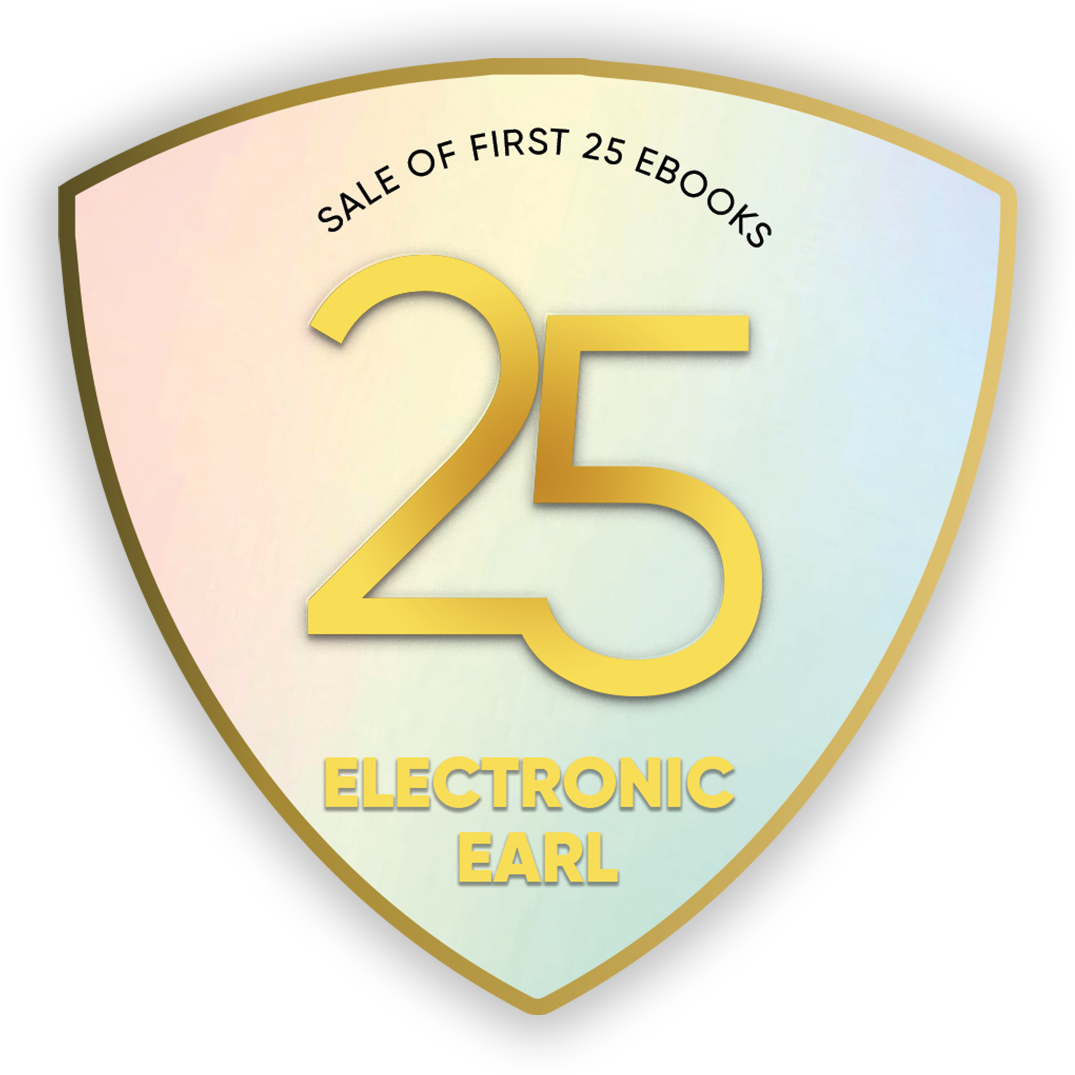
- Discover books
- For Writers
-
For Writers
-
Indie Author Championship
-
Challenges
Writing Contests
- Get Started

"It was a wonderful experience interacting with you and appreciate the way you have planned and executed the whole publication process within the agreed timelines.”
Subrat SaurabhAuthor of Kuch Woh Pal -
Joseph Mani
Joseph Mani was born in a village in Kerala where he did all his schooling. He did his B.Sc and M.Sc in Physics from Gujarat University and his MBA from IIM Ahmedabad. He has also done studies in philosophy, religion, literature and linguistics. For twenty-seven years he worked in five different companies in the area of HR and training. After taking premature retirement from MRF, he is now a management consultant, trainer and career counsellor. Mani has conducted a large number of workshops and seminars on human relations for persons ranging from college professors, Catholic priests to CEOs. MRead More...
Joseph Mani was born in a village in Kerala where he did all his schooling. He did his B.Sc and M.Sc in Physics from Gujarat University and his MBA from IIM Ahmedabad. He has also done studies in philosophy, religion, literature and linguistics.
For twenty-seven years he worked in five different companies in the area of HR and training. After taking premature retirement from MRF, he is now a management consultant, trainer and career counsellor.
Mani has conducted a large number of workshops and seminars on human relations for persons ranging from college professors, Catholic priests to CEOs.
Mani is married to Mary. They have a daughter and a son, and they live in Chennai.
e-mail manijoseph3@gmail.com
Read Less...Crop your profile image

NINE LUMINARIES OF SCIENCE
Books by Joseph Mani
In this book we look at the lives of nine eminent scientists – Copernicus, Galileo, Newton, Curie, Bose, Einstein, Raman, Feynman and Hawking – not so much as scientists but as human beings, their family lives, their religious beliefs, their values and their idiosyncrasies
Little known facts:
· Copernicus had a doctorate in Church Law and was a senior official of the Catholic Church till his d
In this book we look at the lives of nine eminent scientists – Copernicus, Galileo, Newton, Curie, Bose, Einstein, Raman, Feynman and Hawking – not so much as scientists but as human beings, their family lives, their religious beliefs, their values and their idiosyncrasies
Little known facts:
· Copernicus had a doctorate in Church Law and was a senior official of the Catholic Church till his death
· Einstein invented a new type of refrigerator; Curie could not afford to buy even 1 gram of the element she discovered
· Curie and Einstein thought of suicide; Hawking attempted suicide
· Newton waited at tables and cleaned rooms of rich classmates to pay his college fees; Curie could not afford a full meal during her student days.
· Copernicus, Galileo, Newton and Bose were deeply religious; Einstein and Raman were pantheists; Curie was an agnostic; Feynman and Hawking were atheists
· Curie’s died of her own discovery; her notebooks are still radioactive and will remain so for the next 1500 years
· Newton spent the last thirty years of his life in alchemy, Bible studies and catching and putting to death counterfeiters; Einstein spent the last thirty years of his life in a lonely, frustrating attempt to develop the Unified Theory, abandoned and even ridiculed by his fellow scientists.
· Curie’s and Hawking’s parents were highly educated; Newton’s parents were illiterate
· E = mc2 is not Einstein’s full equation; and its negative counterpart led to the idea of antimatter
1.
BEYOND GODS AND SCRIPTURES
Books by Joseph Mani
Religion has been the biggest divisive force in history.
This book examines the irrational and harmful beliefs of religious people, which lead to religion becoming a destructive force.
Religion can be and has been a force for good too. What are the aspects of religion that make it meaningful?
Does God exist? The book details the scientific and philosophical arguments adduced for God’s existence and how valid they are.
In the last sect
Religion has been the biggest divisive force in history.
This book examines the irrational and harmful beliefs of religious people, which lead to religion becoming a destructive force.
Religion can be and has been a force for good too. What are the aspects of religion that make it meaningful?
Does God exist? The book details the scientific and philosophical arguments adduced for God’s existence and how valid they are.
In the last section, we look at five luminaries of science who either had close encounters with religious establishments or had strong views on religion and God. We look at the lives of Copernicus, Galileo, Newton, Einstein and Hawking, not so much as scientists, but as human beings with their own kinks and idiosyncrasies.
The author brings to this book his extensive knowledge of physics, philosophy, religion and the behavioural sciences.

Are you sure you want to close this?
You might lose all unsaved changes.
Select from one of our global stores to continue
 India
India
 Malaysia
Malaysia
 Singapore
Singapore
 UAE
UAE
Warning Message
The items in your Cart will be deleted, click ok to proceed.












